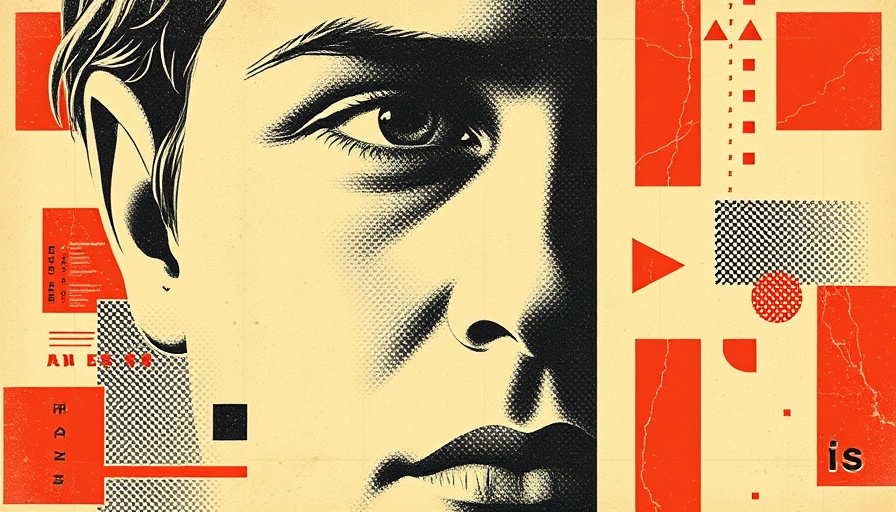
OpenAI’s GPT-4.1 Models Revolutionize Coding Capabilities
OpenAI has unveiled its latest range of artificial intelligence models, GPT-4.1, which are engineered specifically for coding tasks, marking a significant step forward in the AI landscape. As competition intensifies from tech giants like Google and Anthropic, these new models promise enhanced functionalities that surpass their predecessors, including GPT-4o and GPT-4.5.
Decoding the Competitive Edge: How GPT-4.1 Outperform Predecessors
According to OpenAI, the newly released GPT-4.1 models—including GPT-4.1 Mini and GPT-4.1 Nano—boast impressive coding capabilities. During a recent presentation, OpenAI's chief product officer, Kevin Weil, announced a notable achievement: GPT-4.1 scored an impressive 55 percent on SWE-Bench, a well-regarded benchmark in the coding model evaluation landscape. This score significantly outstrips previous models, underscoring advancements that developers have been eagerly anticipating.
What sets GPT-4.1 apart is its capacity to analyze eight times more code simultaneously. This enhancement empowers developers not only to write and edit code more efficiently but also to troubleshoot and enhance existing code bases more effectively. Weil stated, “The new models are great at coding, great at complex instruction following, and fantastic for building agents.” With these capabilities, the productivity of developers is on the brink of a transformation.
Insights from the Ground: User Feedback and Performance Benchmarking
In the lead-up to the official launch, OpenAI discreetly tested the model under the pseudonym Alpha Quasar. Reports from early users have highlighted the model's coding prowess, with comments on forums praising its ability to rectify deficiencies noted in earlier versions. “Quasar fixed all the open issues I had with other code generated via LLMs, which was incomplete,” one user reported, illuminating the tangible benefits seen in real-world applications.
Increased Responsiveness and Reduced Costs
Enhancements to GPT-4.1 extend beyond coding efficiency. The model has also been designed to follow user instructions with increased accuracy, minimizing the need for repetitive communication to achieve desired outcomes. Additionally, users will find cost advantages: OpenAI claims that this new iteration reduces query input expenses by a remarkable 80 percent, making AI coding tools more accessible to developers across varied sectors.
Comparative Analysis: GPT-4.1 Versus Rivals
As OpenAI battles for market share against formidable players like Anthropic and Google, user experiences reveal a strong performance edge for GPT-4.1. Varun Mohan, CEO of Windsurf—an emerging tool for AI coding—reported that GPT-4.1 outperformed GPT-4o by 60 percent based on internal benchmarks. Mohan attributed this superiority to a noticeable reduction in instances of digressive behavior, which often occurred with prior models due to their tendency to engage with irrelevant files.
This comparison places OpenAI's latest offerings in favorable light, not only showcasing technical advancements but also emphasizing a deeper understanding of user needs in coding tasks.
Industry Implications of Enhanced AI Coding Models
The continued evolution of coding AI presents various potentials for industries reliant on technological solutions. Increased efficiency in software development can lead to faster innovation cycles, enabling companies to iterate products rapidly and respond to market demands more adeptly. Enhanced coding abilities may also facilitate the democratization of programming, allowing non-experts to engage with coding at a fundamental level.
From automating mundane tasks to generating complex applications, companies in sectors ranging from education to fintech stand to benefit from these advancements.
What Lies Ahead: Future Trends in AI Coding
As AI technology continues to evolve, the future holds promise for further advancements. Predictions indicate a trend toward not only more sophisticated coding capabilities but also enhanced collaboration between AI and human developers. The synergy of human creativity and AI efficiency could pave the way for unprecedented achievements in software development.
Industry experts are also keenly observing the regulatory landscape around AI, considering how these developments may shape ethical coding practices and the wider implications of AI in creative fields.
Conclusion
The launch of OpenAI's GPT-4.1 marks a significant leap forward in AI-driven coding solutions. As developers leverage these advancements, the potential to foster innovation and enhance productivity will reshape the industry. As the tech landscape evolves, staying informed and adaptable will be essential for all those involved in programming. Embracing these changes can turn challenge into opportunity, ensuring that both individuals and organizations remain at the forefront of the digital revolution.
 Add Row
Add Row  Add
Add 




 Add Row
Add Row  Add
Add 

Write A Comment